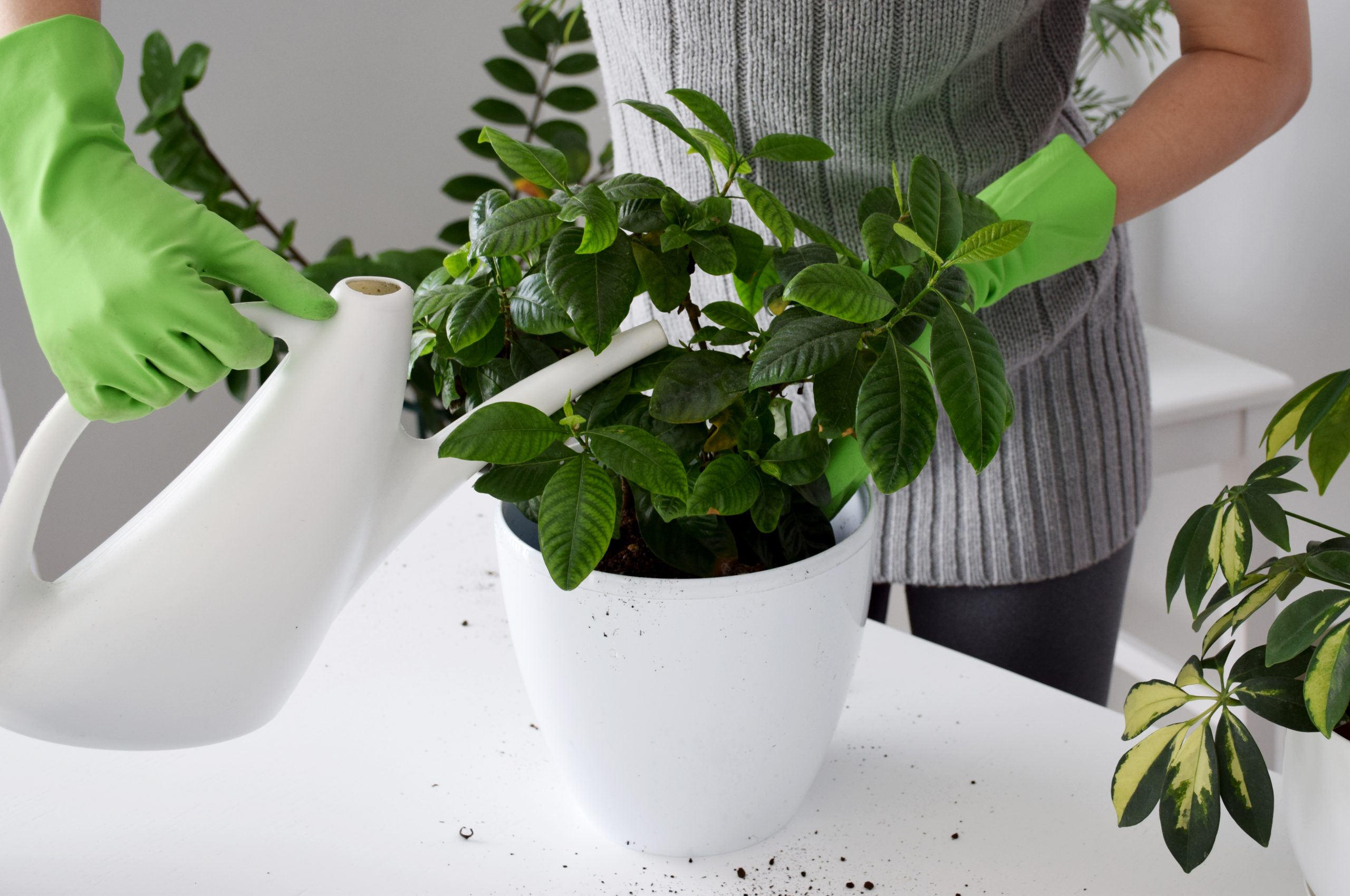Gardening is a fulfilling and therapeutic activity, especially for seniors. It offers a chance to connect with nature, get some exercise, and enjoy the satisfaction of growing your own plants, flowers, or even vegetables. Whether you’re a seasoned gardener or a complete novice, this beginner’s guide provides practical tips to help seniors start and maintain a beautiful garden.
1. Start Small and Simple
When beginning your gardening journey, it’s best to start small. Choose a manageable plot or a few containers to get started. This way, you won’t feel overwhelmed, and you can gradually expand as you become more comfortable with the process.
Tip: Raised beds or container gardening are excellent options for seniors. They reduce the need to bend over, making planting and maintenance easier on your back and joints.
2. Select the Right Plants
Choosing the right plants is crucial for a successful gardening experience. Opt for low-maintenance plants that are well-suited to your local climate and soil conditions. Consider perennial plants, which come back year after year, reducing the need for replanting.
Insight: Herbs like basil, mint, and rosemary are easy to grow and useful in the kitchen. For flowers, consider marigolds, petunias, and geraniums, which are hardy and vibrant.
3. Use the Right Tools
Investing in the right gardening tools can make your tasks much easier and more enjoyable. Look for lightweight, ergonomic tools designed to reduce strain. Long-handled tools can help reach plants without bending over too much, and padded handles can reduce pressure on the hands.
Trick: Use a gardening stool or bench to sit comfortably while working on lower plants. Some gardening stools come with pockets for tools, keeping everything within easy reach.
4. Create a Comfortable Gardening Space
Make your gardening area as comfortable and accessible as possible. Ensure pathways are clear and wide enough for easy navigation. If you have limited mobility, consider creating vertical gardens using trellises or wall-mounted planters.
Tip: Install a shade cloth or garden umbrella to protect yourself from the sun while working outdoors. A small, portable fan can help keep you cool on hot days.
5. Stay Hydrated and Take Breaks
Gardening can be physically demanding, so it’s essential to stay hydrated and take regular breaks. Drink plenty of water, especially on warm days, and listen to your body. Don’t push yourself too hard; gardening should be a relaxing and enjoyable activity.
Insight: Set a timer to remind yourself to take breaks. Use these moments to step back and appreciate the progress you’ve made in your garden.
6. Learn and Adapt
Gardening is a learning process, and even experienced gardeners encounter challenges. Don’t be discouraged by setbacks; instead, view them as opportunities to learn and improve. There are many resources available, from gardening books and online forums to local gardening clubs and community workshops.
Trick: Keep a gardening journal to track your plants’ progress, note what works well, and remember planting and harvesting dates. This can be a valuable reference for future gardening seasons.
7. Embrace the Benefits
Gardening offers numerous physical and mental health benefits. It can improve your mood, reduce stress, and provide a gentle form of exercise. The act of nurturing plants and watching them grow can bring a great sense of accomplishment and joy.
Tip: Involve friends, family, or neighbors in your gardening activities. Sharing your gardening experiences and bounty can strengthen social connections and add to the enjoyment.
8. Practice Safe Gardening
Ensure your gardening activities are safe by wearing appropriate clothing and protective gear. Gloves protect your hands from thorns and sharp objects, while a hat and sunscreen guard against sunburn. Always use tools correctly and store them safely when not in use.
Insight: Raised beds with smooth edges can reduce the risk of cuts and scrapes. Ensure any garden chemicals or fertilizers are used according to the instructions and stored out of reach of children and pets.
